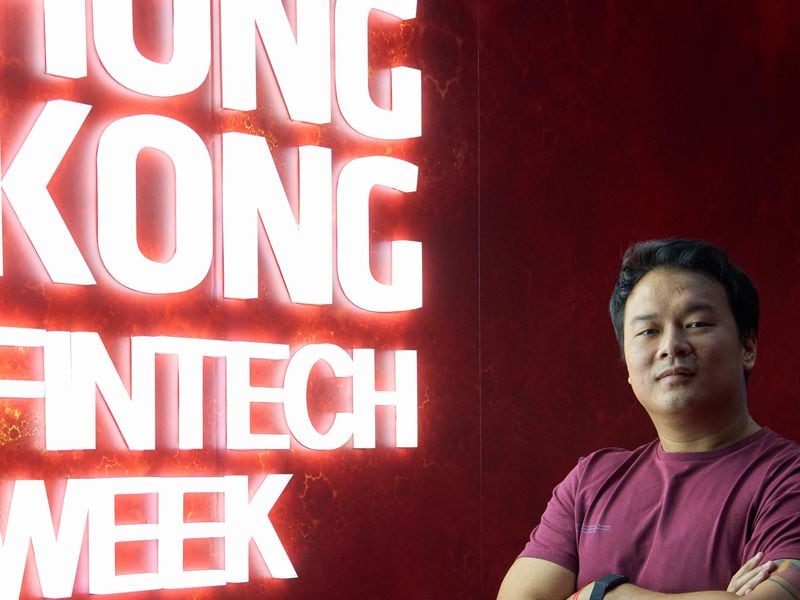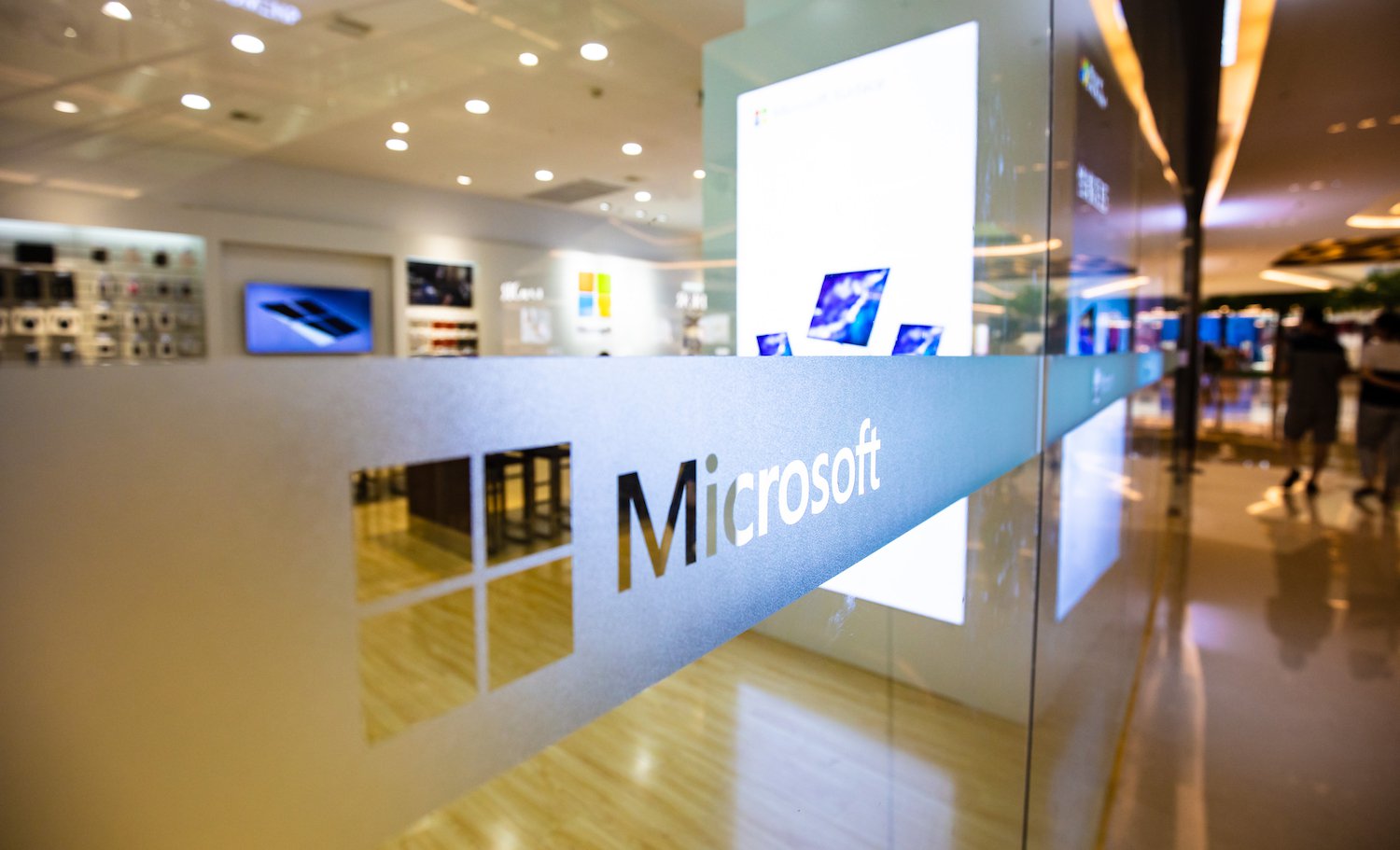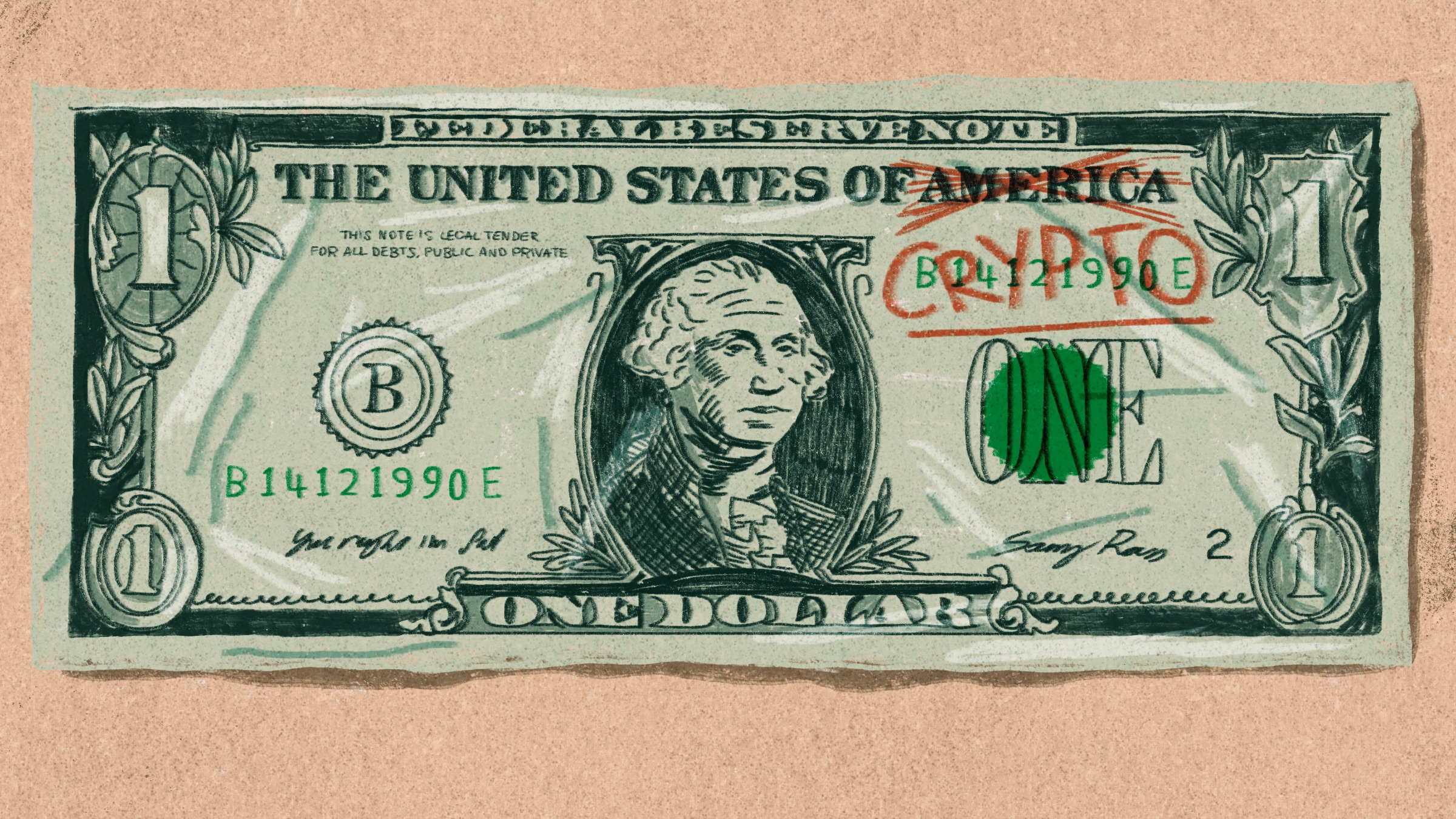BRC-20 Marketplace, Creator Take Opposing Positions on Proposed Network Upgrade
/arc-photo-coindesk/arc2-prod/public/LXF2COBSKBCNHNRE3WTK2BZ7GE.png)
A potential conflict emerged in the Bitcoin developer community on Tuesday after UniSat, one of the largest marketplaces for BRC-20 tokens, said it will follow a proposed change in the standard that’s opposed by Domo, its pseudonymous creator.
UniSat will “follow the Ordinals Jubilee upgrade, to confirm that BRC-20 is still on Ordinals without splitting into an isolated protocol,” it said in a post on X (formerly Twitter).
BRC-20 is a token standard on the Bitcoin network introduced last April that allows users to issue transferrable tokens in the form of inscriptions on small denominations of BTC. The tokens, also known as inscriptions, function on the Ordinals Protocol.
UniSat’s stance could lead to conflicting BRC-20 standards. In October, Domo suggested BRC-20 should not follow the upgrade of the Ordinals protocol, but be frozen at version 0.9.
In response to UniSat, Domo said: “I believe rushing these updates in BRC20 is reckless, disregards their peer indexers, and could potentially harm the broader community of BRC20 users.”
Unisat said its actions would constitute not a fork, but a “split.”
“A ‘split’ here refers to that A (brc-20 freezed at 0.9) & B (Ordinals Jubilee) are splitting into different sets with different rules, but still residing in a same physical blockchain, intertwined with each other,” the marketplace posted on X.
A split is “much more hard to deal with than a ‘fork,'” it said. With a split, the two forms can become “intertwined with each other, which open the Pandora’s box of numerous cross-affecting cases.”
Edited by Sheldon Reback.








